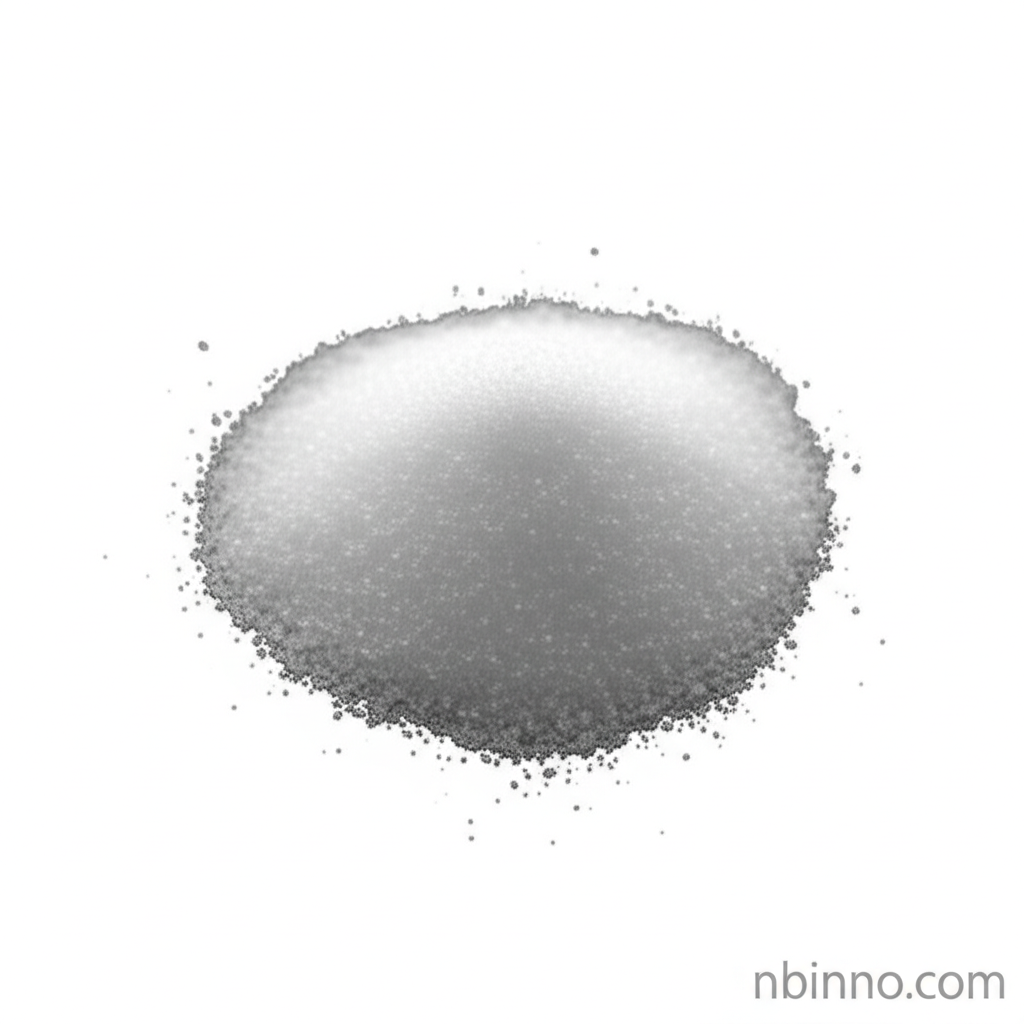Monocaprin: Understanding the Properties, Applications, and Antimicrobial Potential of a Key Monoglyceride
Explore the multifaceted world of 1-Decanoyl-rac-glycerol (Monocaprin), a vital compound in biochemical research and a promising agent with broad-spectrum antimicrobial activity.
Get a Quote & SampleProduct Core Value

Monocaprin
As a leading supplier in China, we offer high-quality 1-Decanoyl-rac-glycerol (Monocaprin), a crucial monoglyceride with significant antibacterial properties. Its unique structure makes it valuable for understanding lipid metabolism and biological membrane functions. Our commitment as a reliable manufacturer in China ensures you receive a product that meets stringent quality standards for your research and development needs.
- Discover the robust antibacterial properties of Monocaprin against enveloped viruses, specific bacteria, and Candida albicans, making it a key compound in antimicrobial research.
- Investigate the role of 1-Decanoyl-rac-glycerol in lipid metabolism and biological membrane studies, leveraging its well-defined chemical structure.
- Explore the potential of Monocaprin as an apoptotic agent in T-cells, a critical area of focus in immunology and cancer research.
- Utilize this high-purity compound for advanced research, confident in its quality and consistency as supplied by a trusted manufacturer in China.
Advantages Offered by the Product
Broad-Spectrum Antimicrobial Activity
Leverage Monocaprin's effectiveness against a wide range of microorganisms, a key aspect when considering its use in various research applications, as detailed in studies on 1-Decanoyl-rac-glycerol antimicrobial activity.
Pioneering Lipid Research
Utilize 1-Decanoyl-rac-glycerol in your studies of lipid metabolism and biological membranes, contributing to advancements in scientific understanding of these vital cellular components.
Potential Therapeutic Applications
Investigate Monocaprin's potential as an apoptotic agent in T-cells, an exciting area for developing new therapeutic strategies for various diseases.
Key Applications
Antimicrobial Research
The established Monocaprin antibacterial properties make it an essential tool for researchers investigating new antimicrobial agents and their mechanisms of action.
Lipid Metabolism Studies
As a defined monoglyceride, 1-Decanoyl-rac-glycerol is invaluable for studying complex processes related to lipid metabolism and the role of dietary fats.
T-cell Apoptosis Research
Researchers exploring T-cell apoptosis and its implications in disease can find significant value in examining the effects of Glyceryl caprate T-cell apoptosis.
Biotechnology and Diagnostics
The versatility of Monocaprin positions it as a useful component in various biotechnology applications and in the development of diagnostic tools requiring specific lipid interactions.
